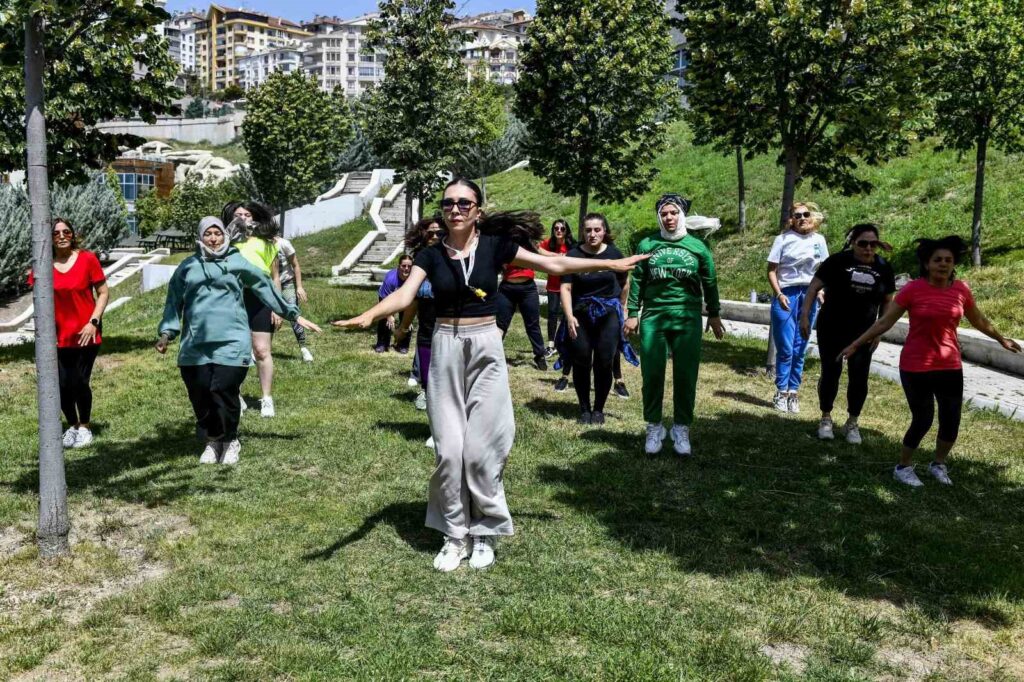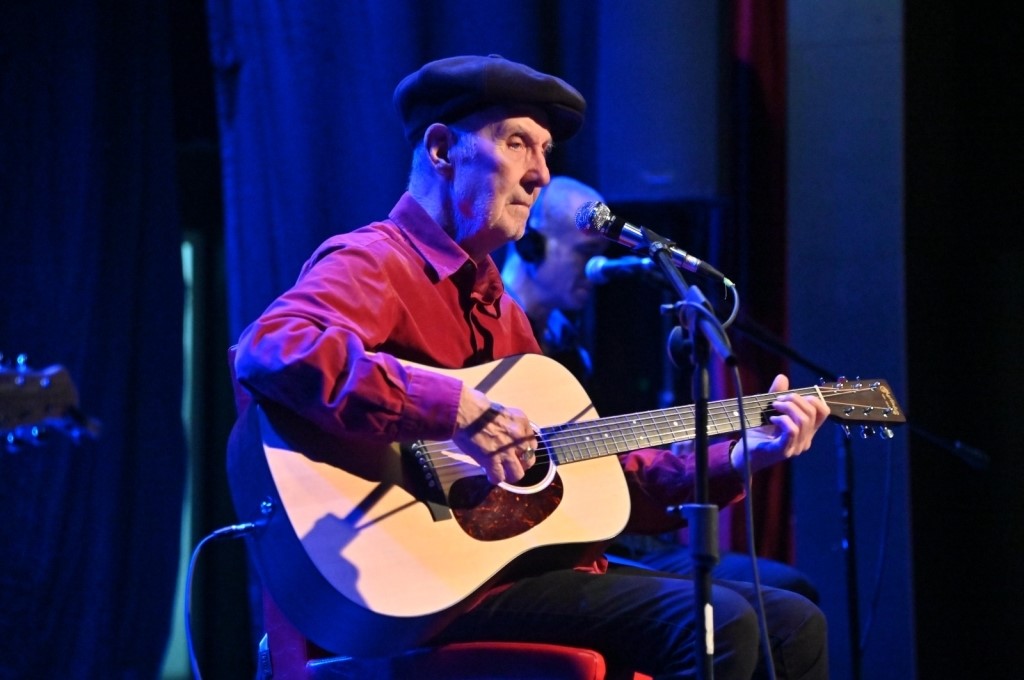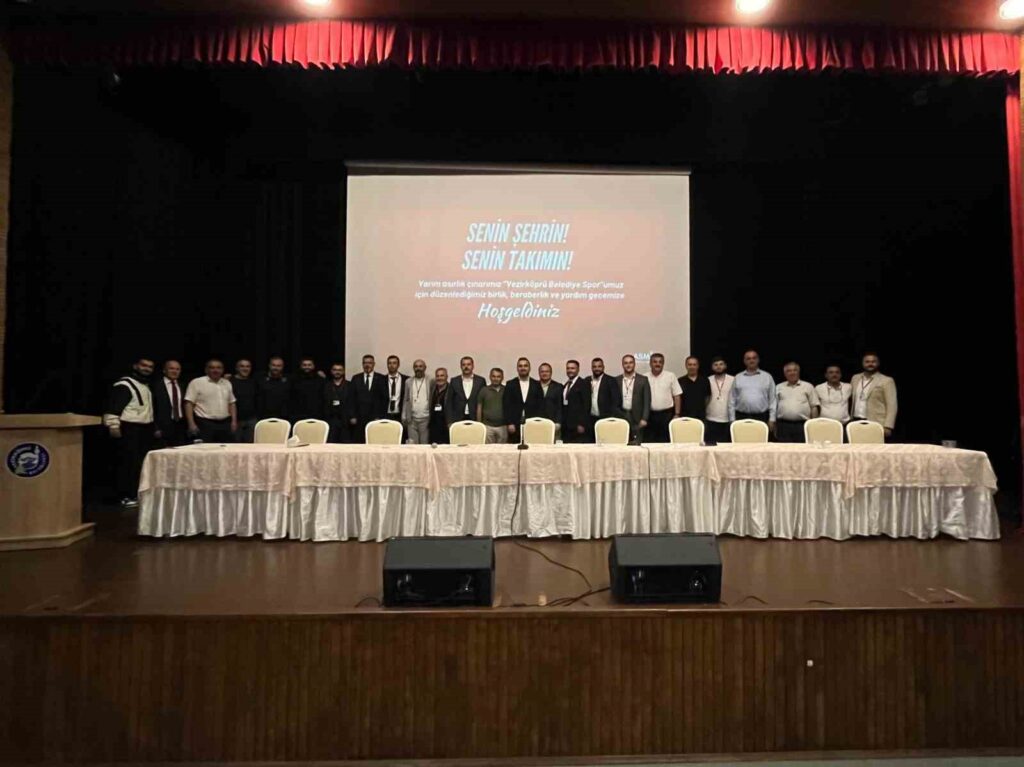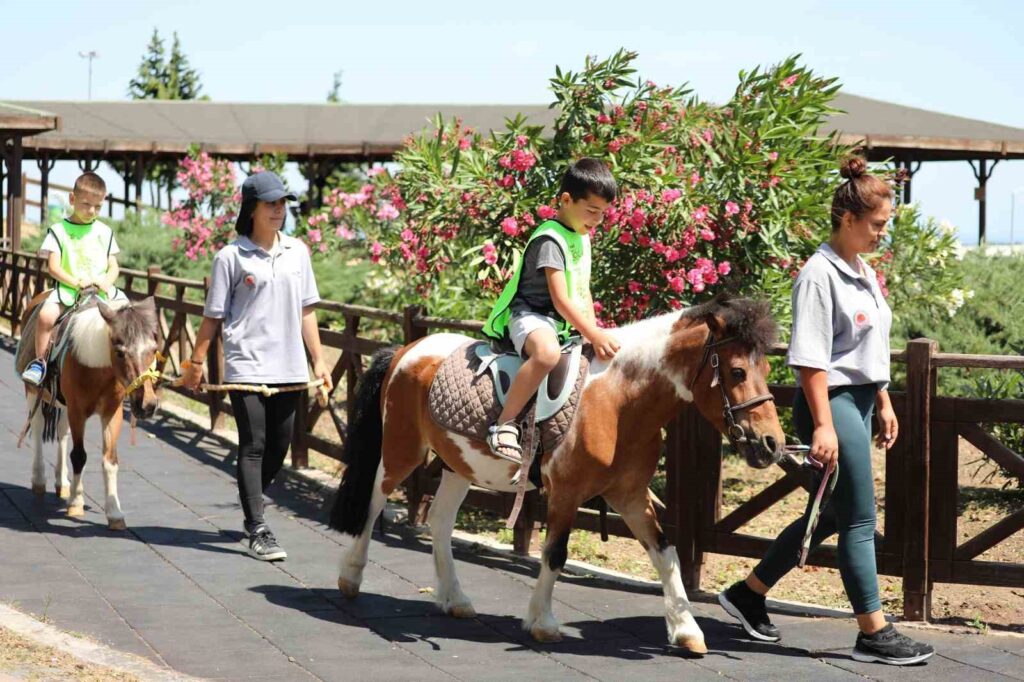Minstrels commemorated Atatürk by playing his favorite songs.
Lovers gathered in the Kahramankazan district of Ankara. In the program hosted by the Kahramankazan Municipality, both the memory of Gazi Mustafa Kemal Atatürk was honored due to November 10th, and information about the deep-rooted tradition of minstrel art was provided.

Lovers gathered in the Kahramankazan district of Ankara. The program, hosted by the Kahramankazan Municipality, commemorated Gazi Mustafa Kemal Atatürk due to November 10 and provided information about the deep-rooted tradition of folk poets.
Kahramankazan Municipality hosted poets from various provinces of Turkey to pass on the folk poetry culture, one of the oldest traditions of Turkish culture, to younger generations and keep this heritage alive. Hundreds of people, young and old, men and women, attended the music performance held at the Family Life Center Concert Hall. Gazi Mustafa Kemal Atatürk was commemorated on the 86th anniversary of his death through his works. Folk songs themed around Atatürk and the Republic were performed. The songs performed by the poets evoked emotional moments for the audience at times, while at other times, they clapped along to lively music. It was also noteworthy that the majority of the audience were young people.
“The interest of the public also shows the success of the event”
Kahramankazan Mayor Selim Çırpanoğlu commented on the event, stating, “Organizing such an event in Kahramankazan has been a wonderful initiative, both to bring our poets together with the public and to keep our cultural values alive. Reviving the songs loved by Atatürk while establishing a cultural bridge from the past to the present, the public’s interest also demonstrates the success of the event. Making this gathering a traditional one will ensure that the folk poetry tradition reaches broader audiences and takes root as a cultural richness in Kahramankazan.”
“Adds value musically”
Aşık Mustafa Aydın, President of the Anatolian Education Culture Research Association, noted, “It’s a well-known name, popular, and traditional. Now, a representative of a national culture that has come through five thousand years of history. While adapting this to the age, one can also make mistakes. In other words, the need for renewal varies from person to person, as long as it does not distort the way it develops. That is, one should not have the right to distort our national artistic forms while saying, ‘I will adapt it to the current age or pop music.’ As long as they are performing without altering the original, meaning without changing the lyrics of the work, they add musical value. We would applaud it even more if it speaks to the youth and the present. But if you take a work of Pir Sultan and alter its lyrics, we are against that. If this was lived four hundred years ago, for example, if a folk poet says ‘geleyor’ instead of ‘geliyor,’ we are trying to pronounce it in its original form because, after all, it is a work that comes from the process of history, and it was expressed in the Turkish of that day. Perhaps we can explain it in terms of analysis, but we also have no right to distort it.”
“The tradition of folk poetry is important in that respect”
Aşık Selahattin Dündar, who noted that he is one of the poets seeking ways to establish dialogue with the youth since he is a teacher, stated, “I was very happy to see the presence of young people among us, and the considerable number of them among the audience. After all, my main goal as an educator in the orientation of folk poetry is for young people to carry on this tradition. The reason for continuing this tradition is that it contains manners and ethics. In other words, it encompasses everything in our Turkish traditions and customs. There is advice, there are traditions and customs. It is possible to find all of these in the Turkish orientation. At the same time, it is the glue of unity and solidarity. The tradition of folk poetry and the tradition of poets are important in that respect. The interest shown by young people certainly made me happy. To this end, I entrusted my instrument, which is a double-stringed saz, to the youth as a new discovery, and they have taken great ownership of it. They have been following me for years. The presence of young people is indeed very pleasing.







